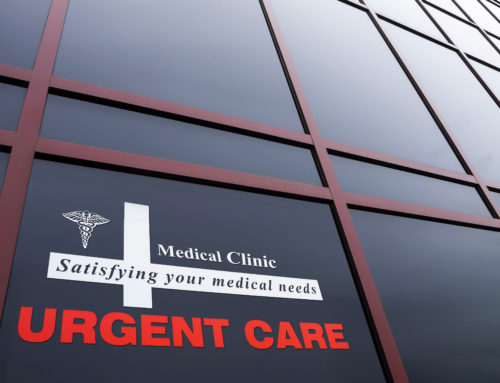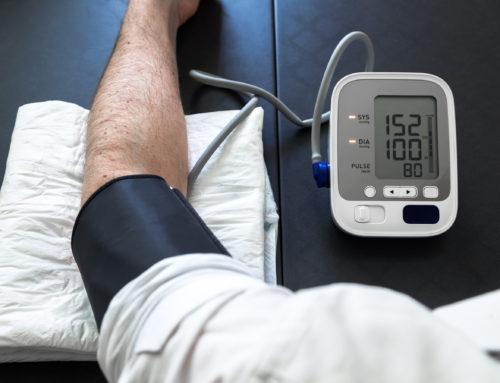Medical malpractice suits are a legal way to enable injured patients to seek and receive compensation due to medical negligence by a medical professional. No two medical malpractice suits are the same, however, there are specific requirements for each case. These requirements include establishing that the medical professional had a duty of care and that the professional’s action or inaction was the proximate cause of the injuries. In addition to nurses and doctors, hospitals may be held liable also.
A General Timeline of Medical Malpractice Suits
An outline of the course of events include:
- Discovery of the injury
- Getting medical care and seeing other doctors
- Consulting with a malpractice attorney
- Gathering pertinent information
- Requesting settlement from the insurance company
- Preparing a lawsuit and setting a court date
- Undergoing and submitting depositions and interrogatories
- Making motions and performing trial prep
- The commencement of the trial
Sometimes the case is settled prior to trial and out of court. Out-of-court resolution can take several months or even years. And if the medical malpractice case evolves into a lawsuit, it can take up to 5-10 years or longer to reach a verdict.
The Discovery Period: It Takes Time
The discovery period is the process of sharing information between parties involved in the claim. It’s a critical part to any medical malpractice case. There are different discovery methods which are governed by rules. Interrogatories are methods that include broad questions to disclose the theory of the case, damages and defenses. The expert witness that will be participating in the case is also disclosed. Another discovery method is a request for documents. In medical malpractice cases, these documents typically include pathology material, lab reports, x-rays and medical records. Depositions are taken under oath and entail an interview of the parties involved in the case. Depositions can make or break a case. The discovery period is generally a lengthy process.
Expert Medical Witness: Finding the Right One
In order to prove negligence in a medical malpractice case, an expert medical witness is usually necessary and even required in some states. It is this expert who must convince the jury that a specific duty was owed to the patient and how the medical professional breached that duty. Depending on the type of medical malpractice case, you may need to find an expert in a highly-specialized field, such as transplant surgery, pediatrics, cosmetic surgery or cardiology. It isn’t hard to find the right medical malpractice expert witness. All experienced medical malpractice attorneys know how to find one in any specialty. As a matter of fact, many even work with medical expert witness services in almost every specialty and have names and numbers on hand.
Seeking justice in medical malpractice cases takes time. The wheels of justice move slow. And there are a number of reasons. Medical malpractice suits tend to be more complex than other types of injury lawsuits, requiring deep review of patient records, expert analysis and expert testimony, and investigation into the negligence and long-term effects on the plaintiff. Plus, depending on the extent of the injuries or death of the patient, there may be significant damages arising from future hospitalizations, prolonged medical care and long-term rehabilitation, lost wages and earning capacity, and other economic hardships that can put plaintiffs and their families in a downward financial spiral. Determining the extent of those damages can also take time as the medical malpractice suit works its way through the legal process. All around, settling any medical malpractice case takes time, whether out of court or in court. It’s just the nature of these types of cases.
It’s important to note that the timeline for a medical malpractice suit really does vary depending on the complexity of the case in addition to other factors. Other factors include court schedule and the willingness of the parties to negotiate. But in every medical malpractice case, seeking the advice and representation of an experienced and accomplished lawyer is an essential first step in addition to finding the right medical expert for court testimony. Typically, medical malpractice cases settled out of court take less time than going to trial.




























